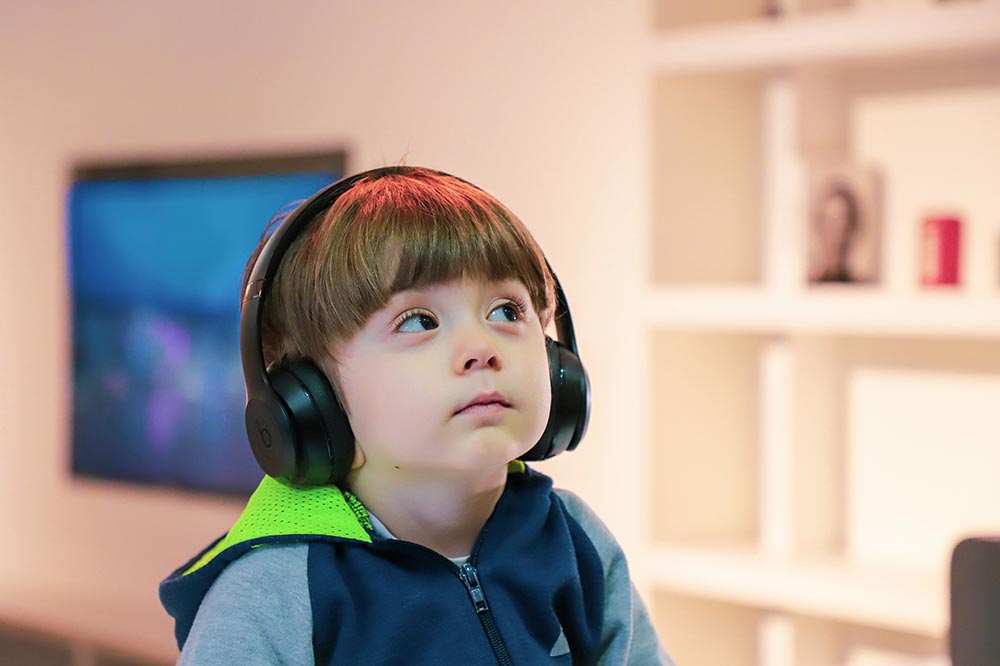Table of Contents
Are you the sort of person who has a heart for reaching out to those in need of support?
Are you a loving parent who empathizes with other parents struggling to carry out their duties in parenthood? Do you have a family member or know someone who has a child diagnosed with Autism Spectrum Disorder (ASD)?
If you want to provide a helping hand, but you have no idea how to help, here are some helpful tips for supporting parents of children with autism.
UNDERSTAND AUTISM
We must know what Autism Spectrum Disorder (ASD) really means.
Autism is a complex condition caused by atypical characteristics in the brain which can hinder a child’s development. This delayed development may include social skills, communicational behavior, learning, understanding others, and perception.
Autism manifests differently for each child diagnosed with it, so it is only fundamental to study its nature. You can better help and support if you’re well-informed about the issue. Also, there’s a lot of misinformation about autism, so make sure to research reliable sources such as scientific journals and autism advocacy groups which have evidence-based programs about autism.
LISTEN TO THEM (PARENTS)
Parents each have their own stories and battles to tell, especially those who have a child with autism. This imposes a heavy challenge as caregivers and guardians to their child.
Even parents have difficulty looking after their child who doesn’t have autism, so how much more if the circumstances were the other way around? Simply listening to these parents’ significant struggles can ease the various emotions that cause stress and exhaustion. Listening also serves as a kind of emotional support because this instills that you care for them and are willing to listen to their troubles.
TO INSTILL A SENSE OF BELONGING IN THEIR HEARTS
Parents of children on the spectrum often feel left alone.
This leads to doubts and discouragements on one’s self, leaving a scar caused by stigmatization, guilt, isolation, and loneliness. Parents will appreciate having access to a social network or being in a group where you can openly share your struggles, experiences, and intense emotions. A support group can alter the course of a struggling parent/s with an autistic child because of their sense of belonging when surrounded by social support.
AIDING WITH THEIR HOUSEHOLD CHORES OR ERRANDS
Household tasks are a bit more challenging for parents with a child on the spectrum.
Since they require a lot more attention and care, parents often can’t entirely hold up to their responsibilities at home. A lot of children with ASD have therapy appointments with doctors or during autism clinical trials that keep their parents busy and hop on with them to these different interactive treatments. Keeping the gaps in check can significantly help the flow of improvement in the child’s life and lessen the hardworking parents’ workloads.
ADVOCATING AND SPREADING AWARENESS ABOUT AUTISM
Faced with stigma and discrimination in everyday life, parents and their children who have ASD struggle with this kind of issue almost, if not all, the time. They may experience unique breakthroughs in their lives, but you cannot avoid heartbreaking scenarios from happening in this ill-mannered world.
Let us be the support not just behind their backs but also to stand firm and speak up on behalf of them and their children if ever an opportunity arises. Support organizations are fighting for the rights of autistic people in many ways so that they can be heard now and in the future. You can also start supporting these groups to amplify the voices yearning for a change.
TEACHING YOUR KIDS ABOUT AUTISM TO BETTER UNDERSTAND AN AUTISTIC CHILD OR PEER
It’s always relevant to teach your kids at a young age, who are also in the right understanding, to tackle topics and issues such as autism.
If your child understands a friend or peer on the spectrum, their parents would be unworried, knowing that their child has a decent friend or companion. You may explain to your child that a friend or peer with autism may act differently because children on the spectrum tend to have a hard time interacting with other kids.
Encourage your child to be willing to play on what his friend or peer decides. Most children on the spectrum fall madly in love with specific game characters, genres, and ideas. This will require a lot of compassion and patience on your child’s part because the willingness to play on what others want to play is a known challenge among friends.
Conflicts will always arise in friendships, so you must teach your child how to resolve disputes and disagreements and calmly impose solutions. Train your child to be a good listener because, in most cases, children with autism keep on saying something without realizing that their conversation has become one-sided. These skills will help your child understand friends with ASD and with all of his peers. So, it would help the parents of a child with ASD and benefit your child’s behavior and manners in the long run.

